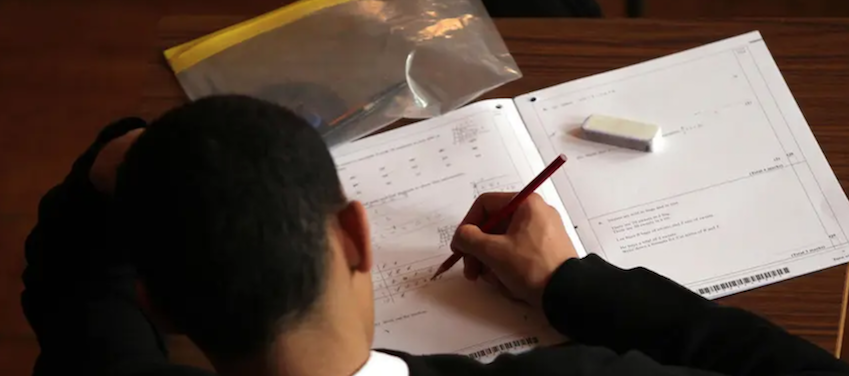LABOUR’S LONDON Assembly education spokesperson, Jennette Arnold OBE AM has written to education secretary, Gavin Williamson, and the exams regulator, Ofqual, to call for black and minority ethnic (BAME) students to be given the ability to appeal against awarded grades if they believe their marks have been negatively impacted by unconscious bias.
Warnings
The move follows warnings she issued in April about the potential pitfalls of the awarded grades system, which has been put in place by the government to replace cancelled exams and assessments in the midst of the Covid-19 outbreak.

Earlier this year Arnold pointed to the findings of a London Assembly Education Panel investigation which revealed that unconscious bias remains a significant issue for BAME young Londoners in the education system.
She said if administered without accounting for educational inequalities, the newly adopted awarded grades methodology could further disadvantage pupils from BAME and working-class backgrounds.
Also research carried out by the Department for Business, Innovation and Skills in 2011 found that black applicants had the lowest predicted grade accuracy, with only 39.1 per cent of predicted grades accurate, while their white counterparts had the highest, at 53 per cent.
Students raising the issue of unconscious bias also need to have access to full information as to how the school calculated their proposed grade, in order to launch an informed challenge.
Jennette Arnold
Furthermore, the study found that black students are most likely to have their grades not just mispredicted, but underpredicted.
Concerns about the new system were highlighted following a recent outcry in Scotland that saw 125,000 results downgraded.
Bias
In the letter to Williamson Arnold wrote: “Significant concerns remain about the potential impact of unconscious bias, which I have raised with you before. The guidance on how pupils should challenge bias in how their school calculated their grade is vague, and relies in the first instance on students approaching that same school to request a review.
“By its very nature, teachers and schools may not recognise their own unconscious bias, which means students must have access to an independent and timely process to raise this issue.
“Students raising the issue of unconscious bias also need to have access to full information as to how the school calculated their proposed grade, in order to launch an informed challenge. The decision not to allow young people to directly appeal to the exam board or Ofqual in the event of bias should urgently be reviewed, to enable greater access to the appeals system for London’s marginalised young people.”
Ofqual have since responded to Arnold to say that the right to lodge an appeal will continue to lie with schools rather than pupils, claiming that teachers are best placed to determine whether a grade needs to be challenged.
Arnold said: “Young people have already been placed under a significant amount of stress and anxiety in recent months, and the many flaws of the awarded grades system played out in Scotland last week, have needlessly added to their burden.
Pitfalls
“I warned the government of the potential pitfalls of their new grading system back in April, but was reassured that there was a robust plan in place to address them all.”
She added: “Recent events have only heightened my concerns that those from disadvantaged and BAME backgrounds will still be placed at a disproportionate risk of being downgraded.
“Unconscious bias plays a big role in this, and so it is crucial that the appeals process is opened up to students as well as schools”.


Comments Form